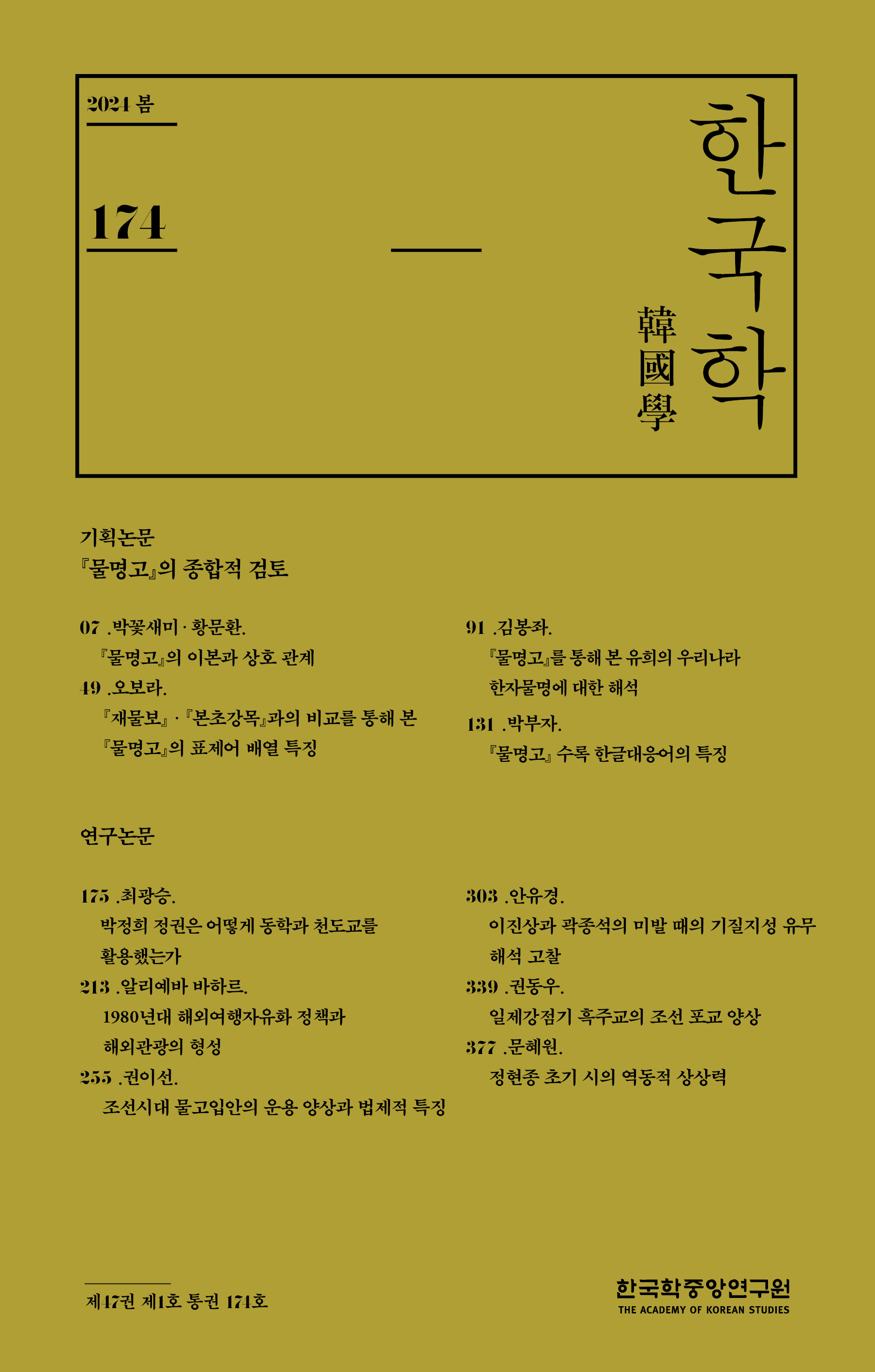
- P-ISSN 2671-8197
- E-ISSN 2733-936X
.jpg)
Contrary to the general belief, throughout the latter-half period of the Joseon dynasty, married daughters were able to tend to their parents’ needs, not only physically, temporary, or limited to specific situations—for example, caring for sick or distressed parents. They could provide emotional and psychological care as well, that too on a regular—often, full-time—basis. Even after their parents died, they conducted funerals and memorial services. There are few examples of these daughters experiencing significant physical strain; however, there are instances of mental breakdown, which could have been an even greater threat to their well-being. Their service was made possible by the fact that the physical—and more importantly, emotional—distance between their matrimonial and parental homes was insignificant. Additionally, the society at the time was not opposed to the idea of married daughters tending to their aged parents. Most importantly, a daughter’s loyalty toward her parents did not conflict with her obligations toward her parents-in-law or husband. This was probably because married daughters’ services rendered the services of the daughters-in-law less imperative and more optional. Additonally, the social notion of filial piety being the ultimate moral value ensured that daughters loyal to their biological parents were not blamed of ignoring their matrimonial responsibilities.Moreover, the society abhorred the idea of daughters abandoning their parents for their husbands. Thus, the prevalent social notion was that females should live as loyal daughter and die as loyal wives and daughters-in-law. This notion aimed to harmonize the constantly colliding aspects of the two lives forced upon the females of that era. However, instead of serving as a solution, it was yet another social burden imposed upon these married daughters.